In 2025, Singaporean homeowners are embracing modern minimalism, smart technology, and sustainable living. Whether moving into a new BTO flat, upgrading to a condominium, or simply refreshing your HDB space, home design trends are combining functionality with aesthetic charm this year.
Here’s a look at the top 10 home styles of 2025 that are making waves in Singapore, helping homeowners create spaces that feel cosy, practical, and effortlessly stylish.

1. Modern Minimalist Style
The modern minimalist home continues to reign in 2025. Clean lines, neutral tones, and clutter-free spaces are favoured by Singaporeans living in smaller HDB flats or condos where maximising space is key.
Key Features:
- Neutral colour palette (white, beige, soft greys)
- Built-in storage to keep surfaces clean
- Minimal furniture and open layouts
Why It Works in Singapore:
With limited space, this style allows homes to feel spacious and breathable. It’s easy to maintain, which is perfect for busy urban lifestyles.
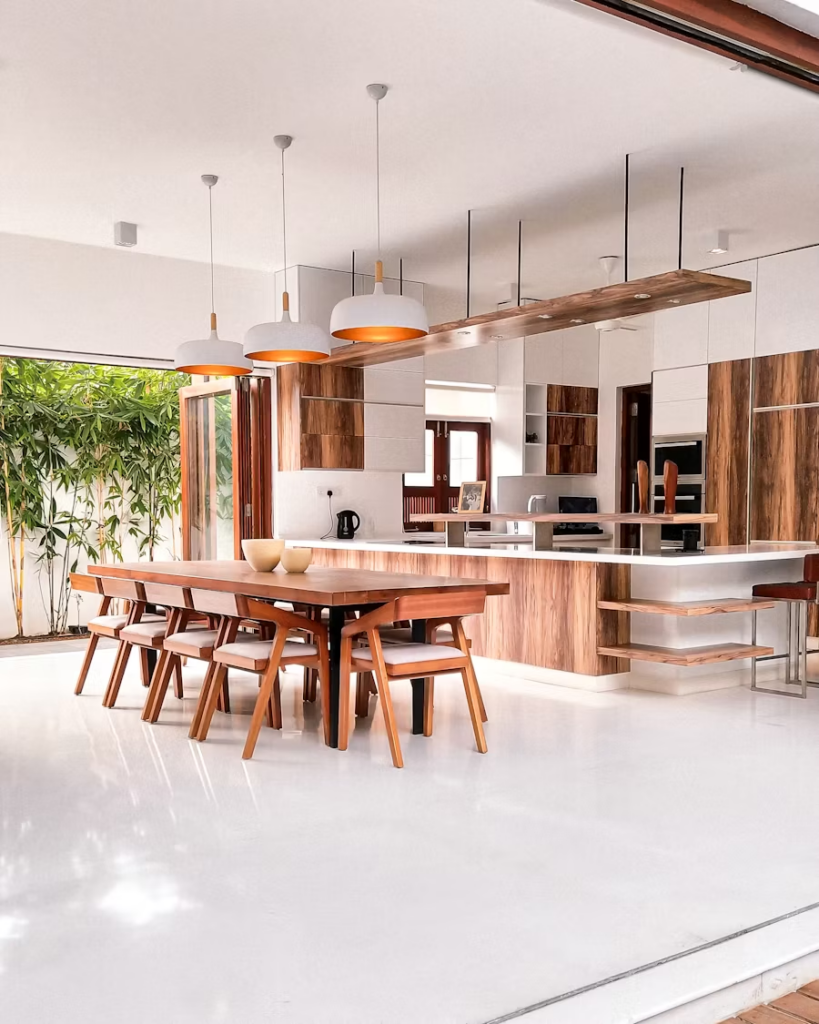
2. Japandi Style
A perfect marriage between Japanese simplicity and Scandinavian warmth, Japandi homes are gaining popularity among young Singaporean homeowners.
Key Features:
- Natural materials like wood, rattan, and linen
- Warm, earthy tones
- Functional, low-height furniture
Why It Works in Singapore:
Japandi is great for compact living, offering functionality and a calming atmosphere. Perfect for a fast-paced city like Singapore.

3. Smart Homes
In 2025, smart home technology is no longer a luxury, it’s becoming a standard feature, even in newer HDB flats.
Key Features:
- Bright lighting, security, and temperature control
- Voice-activated systems
- Energy-efficient appliances
Why It Works in Singapore:
Singaporeans love tech and convenience. Smart homes allow seamless control over appliances, enhancing security and reducing energy consumption.

4. Sustainable and Eco-Friendly Homes
With climate awareness on the rise, more homeowners in Singapore are opting for eco-conscious designs.
Key Features:
- Use of recycled or sustainable materials
- Solar panels in landed properties
- Energy-efficient aircon and LED lighting
Why It Works in Singapore:
Eco-friendly homes are aligned with Singapore’s green initiatives. It’s a step toward sustainable urban living while reducing long-term costs.

5. Industrial Chic
Raw and unfinished looks are making a comeback in 2025. The industrial style is perfect for larger HDB flats, condominiums, and lofts.
Key Features:
- Exposed pipes and cement screed walls
- Dark, moody colours like black, grey, and brown
- Metal, wood, and leather accents
Why It Works in Singapore:
It’s bold, practical, and easy to combine with local materials and textures. Industrial chic gives a unique, edgy vibe to urban homes.
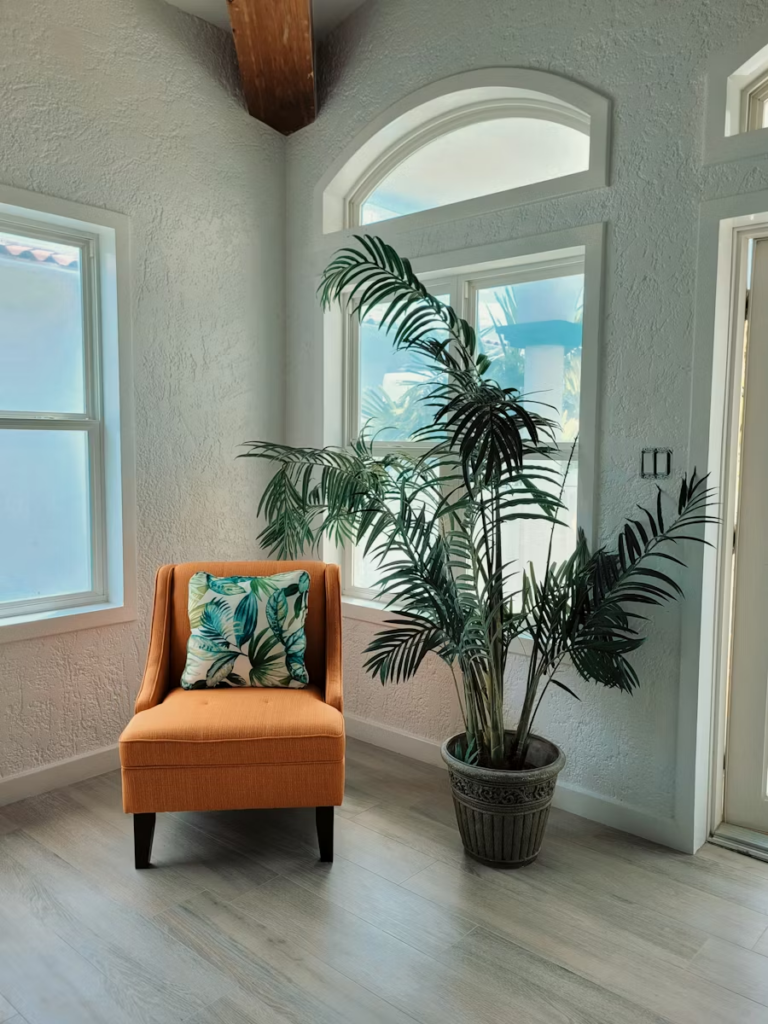
6. Coastal Breeze Style
Inspired by the beach, this style has been making waves in Singapore condos, especially those closer to the East Coast.
Key Features:
- Light blues, whites, and sandy beiges
- Natural light with sheer curtains
- Rattan furniture and soft textures
Why It Works in Singapore:
Coastal designs bring a sense of calm and airiness, perfect for high-rise condos where homeowners crave an open, breezy feel.

7. Contemporary Luxe
In 2025, there’s a growing demand for understated luxury, especially in new condominiums and executive apartments.
Key Features:
- High-quality finishes like marble, glass, and gold accents
- Plush sofas, statement lighting
- Dark wood, matte black fittings
Why It Works in Singapore:
It’s a sophisticated yet practical style that elevates small spaces without overwhelming them. Luxe designs are now more accessible for mid-range budgets.

8. Biophilic Design
Singaporeans are known for loving greenery, and biophilic design brings the outdoors inside, creating a naturally soothing home.
Key Features:
- Indoor plants and vertical green walls
- Large windows to maximise natural light
- Natural materials like wood and stone
Why It Works in Singapore:
This design complements Singapore’s Garden City identity and improves indoor air quality, making small flats more open and alive.

9. Retro Revival
Vintage is back in a big way in 2025. Retro elements are being carefully reintroduced into modern Singaporean homes.
Key Features:
- Retro-inspired tiles and wallpapers
- Mid-century modern furniture
- Pops of colour like mustard yellow and teal
Why It Works in Singapore:
Retro designs are nostalgic for many Singaporeans and can be balanced with modern layouts for a trendy yet timeless feel.

10. Multi-Functional Spaces
Post-pandemic living has changed how Singaporeans use their homes. Multi-functional designs are now essential, especially in HDB flats.
Key Features:
- Foldable dining tables, hidden storage
- Work-from-home corners
- Flexible room dividers
Why It Works in Singapore:
With limited square footage, creating versatile areas maximises space usage and supports Singaporeans’ evolving lifestyles.
Final Thoughts
The best home style matches your lifestyle, budget, and taste. If you prefer open and spacious living, go for minimalism or Japandi. If you love tech, explore smart home setups. Looking to add some personality? Consider retro or industrial styles.
Regardless of your choice, functionality remains key for Singapore homes in 2025. Space-saving furniture, energy-efficient designs, and easy-to-maintain finishes are high priorities for many homeowners.
When planning your renovation, always work with a reputable contractor or interior designer familiar with Singapore’s BTO, HDB, condo, or landed property regulations to ensure a safe and seamless process.











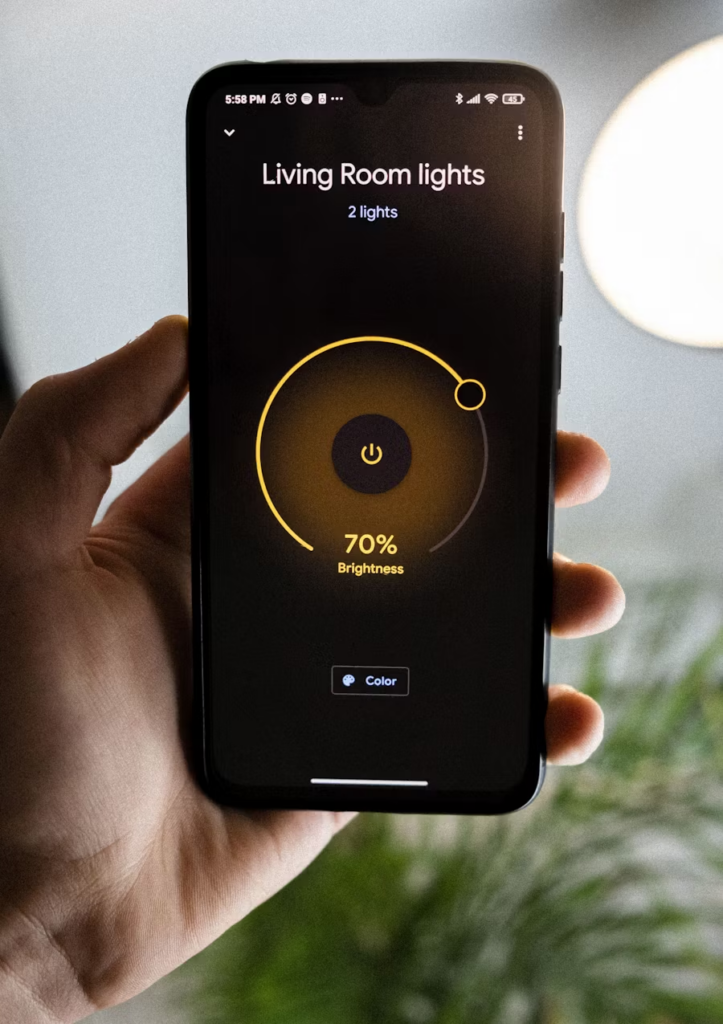
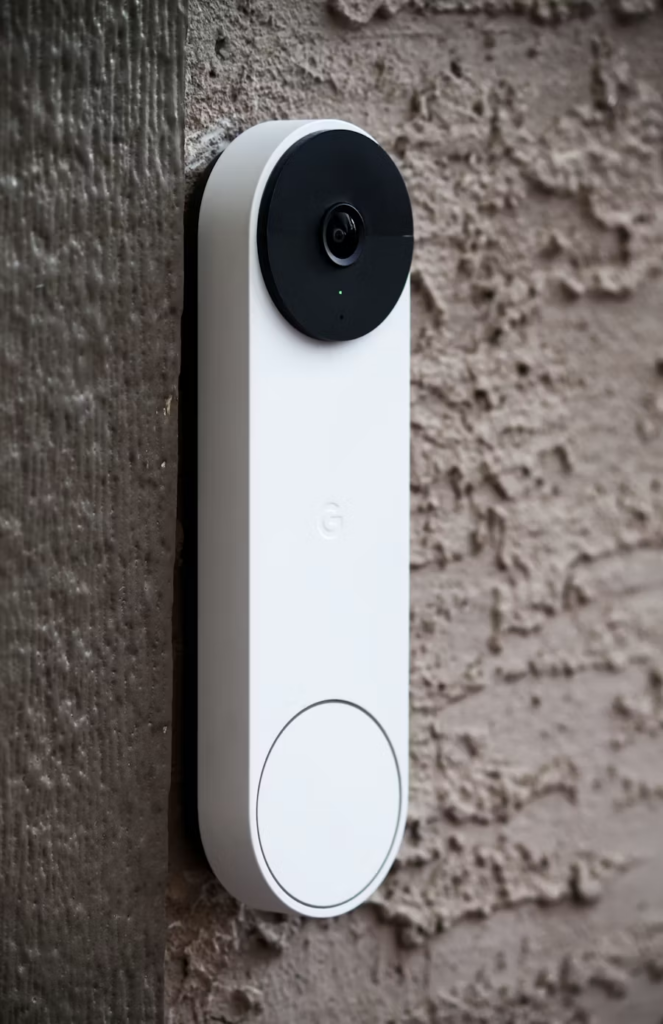




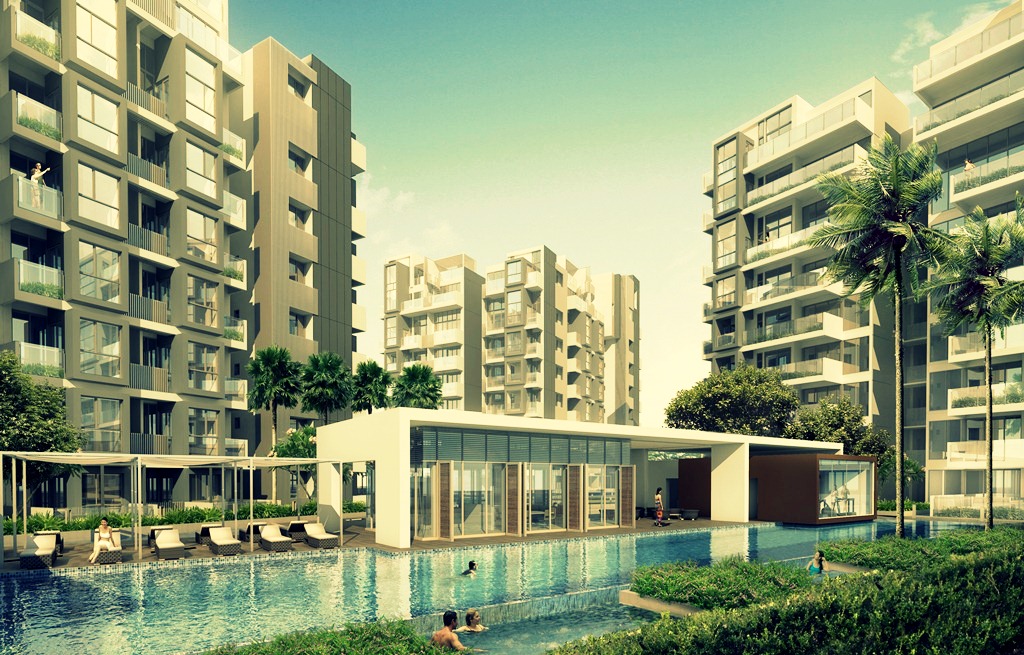
You must be logged in to post a comment.